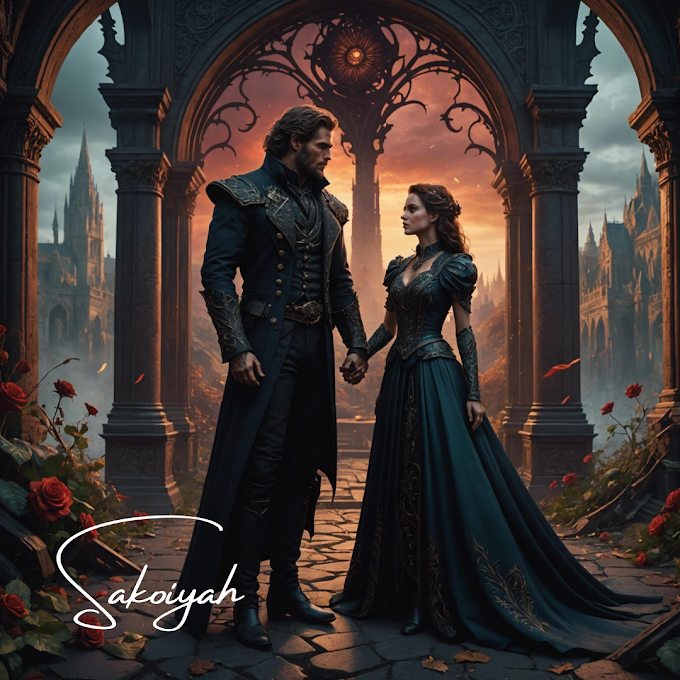World-Building is essential to storytelling, enabling writers to create immersive and believable narrative settings. Whether you're crafting a fantastical realm, a futuristic dystopia, or a historical era, the success of your world hinges on the depth and coherence of its elements. To help you create a rich and captivating setting, this blog post will explore a series of fundamental questions that writers should ask themselves during the World-Building process.
1. What is the geographical landscape?
Consider the physical features of your world, such as
mountains, rivers, forests, and oceans. How do these elements shape the
environment and impact the lives of its inhabitants? Understanding geography
will influence the availability of resources, transportation, and the overall
dynamics of your setting.
2. What is the cultural and societal framework?
Examine the social structure, customs, and values of the
societies within your world. What are the dominant belief systems, traditions,
and governance systems? Understanding the cultural landscape allows you to develop rich and diverse characters and explore themes and conflicts rooted in
societal dynamics.
3. What is the historical background?
Delve into the history of your world and its impact on the
present. What significant events have shaped the world's development? How have
past conflicts or achievements influenced the current state of affairs?
Understanding the historical context will add depth and authenticity to your
setting, providing a solid foundation for your story.
4. What are the technological advancements?
Consider the level of technological progress in your world.
Is it a high-tech futuristic society or a medieval fantasy realm? What
inventions or discoveries have altered the course of history? Understanding the
technological framework will help you maintain consistency and avoid logical
inconsistencies within your narrative.
5. What are the rules of magic or supernatural
elements?
If your world includes magic or supernatural elements,
establish the rules and limitations that govern them. How does magic function?
What are its costs and consequences? By defining the rules, you can ensure these
elements remain consistent and avoid plot holes or deus ex machina solutions.
6. How does the environment affect the characters?
Evaluate the impact of the setting on your characters' lives
and motivations. Does the environment present challenges or opportunities? How
do characters adapt to or struggle against their surroundings? Integrating the environment into your characters' development creates a more realistic
and immersive reading experience.
7. What is the economic system?
Consider the economic structure of your world. How do people
earn a living? What are the main industries and trade routes? Understanding the
economic aspects will provide a foundation for socioeconomic disparities, power
dynamics, and potential conflicts within your narrative.
8. How does the setting influence the overall
tone and atmosphere?
Explore how the setting contributes to the mood and
atmosphere of your story. Is it a dark and foreboding place or a vibrant and
enchanting one? The setting should evoke emotions that resonate with the themes
and narrative direction, enhancing the reader's experience.
Conclusion
Effective worldbuilding and developing a compelling
setting are crucial for captivating storytelling. By asking yourself these
essential questions, you can create a well-rounded and immersive
world for your readers to explore. Consistency, coherence, and
attention to detail are key when constructing an authentic and engaging setting. So, dive into the depths of your imagination and let the
world-building process transport you and your readers into a truly
remarkable literary journey.




.png)

.png)




0 Comments